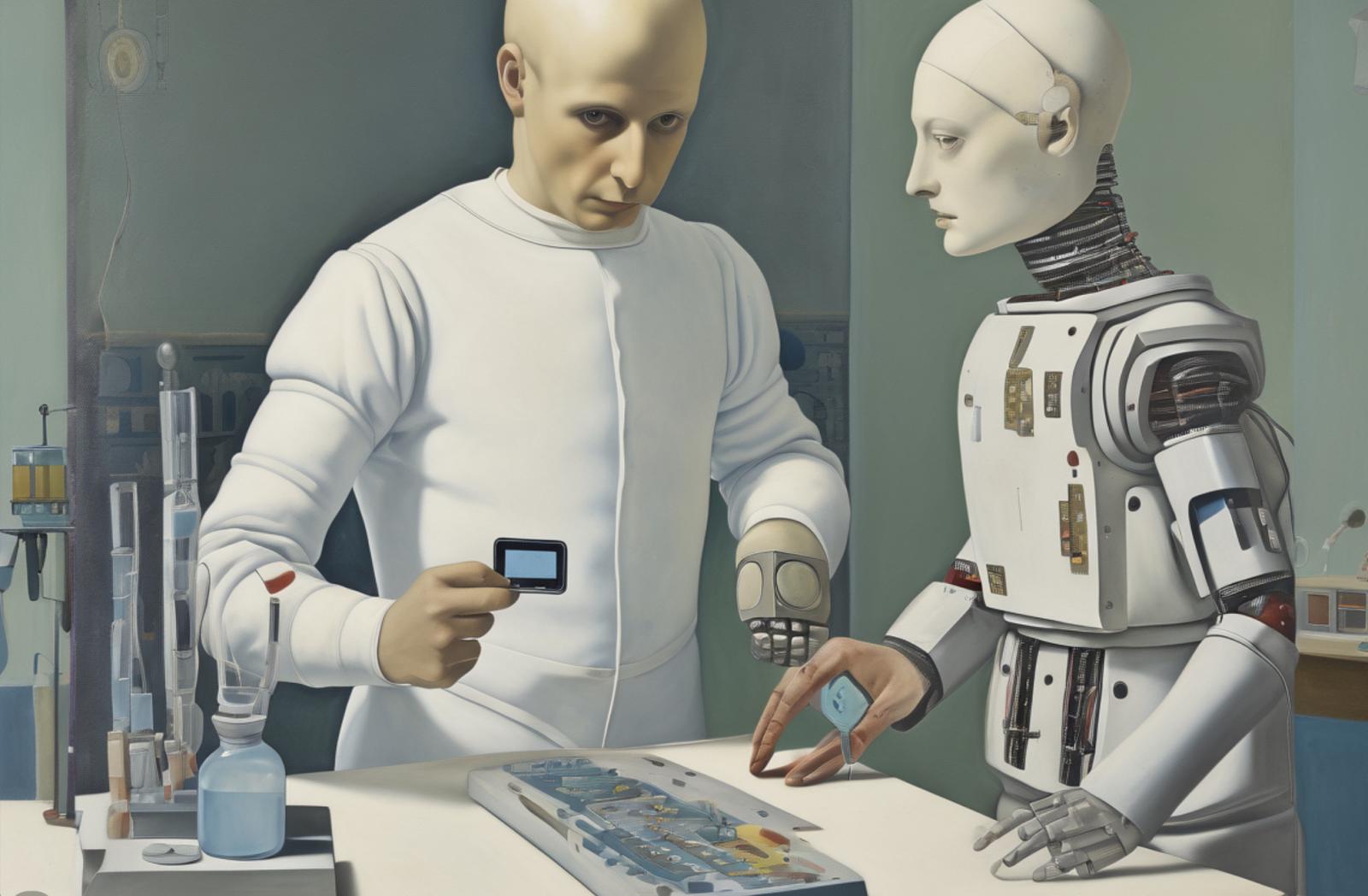Amongst hundreds of calculators available on the AppStore, Calculator HD + is one of the most attractive, especially because it is very use friendly. It has no more functions than those essential.
The app offer: high precision engine, result is displayed while typing the formula, multiple undo, switch between workspaces, persistent history, specialized keypad for iPhone and iPad, supports bluetooth, keyboard, right or left-handed mode, print easily with AirPrint and you can shere calculations history by e-mail.
Video tutorial and preview of the app:
[video:http://www.youtube.com/watch?v=q6NjX8t4uVw]







